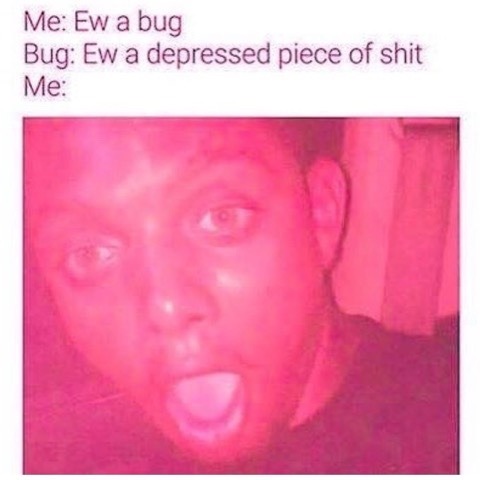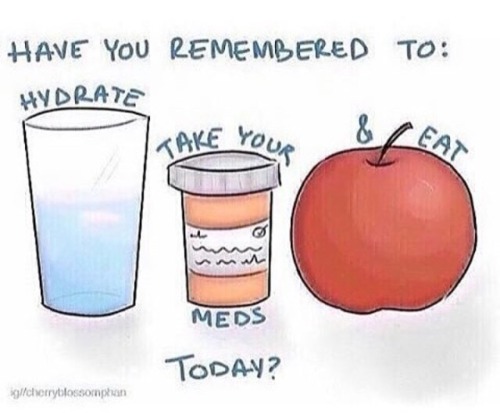𝐰𝐭𝐰 𝐭𝐚𝐫𝐨𝐭 𝐩𝐫𝐨𝐦𝐩𝐭𝐬 — 𝐭𝐡𝐞 𝐜𝐡𝐚𝐫𝐢𝐨𝐭


𝐰𝐭𝐰 𝐭𝐚𝐫𝐨𝐭 𝐩𝐫𝐨𝐦𝐩𝐭𝐬 — 𝐭𝐡𝐞 𝐜𝐡𝐚𝐫𝐢𝐨𝐭
You hit the ground with a crack. Back arched, mouth opened in a silent scream, your lungs a vacuum of nothing but mind-numbing fire. Spider-web fractures blossom beneath you. A grotesque pair of wings belying your own divinity. You sputter choked sobs, a spittle of blood dripping from between your cut lips and down your cheek.
"The gods are cruel," said He. He whose form transcends mortal eyes, cloaked by storm clouds with a voice as deep a rumbling thunder. Your Destiny. Your Demon. Your Bane. "But perhaps they are most cruel to you."
More Posts from Laylabsposts and Others


Can’t stop thinking about their romance scene _(:3」∠)_






How the Leverage team hears Sophie’s accent. The Rashomon Job, S3E11.
WORDS TO USE INSTEAD OF: RUN / RAN
Do you ever find yourself over-using the word “run” (or “ran”) in your writing? Try using these words instead:
sprint / sprinted
dash / dashed
dart / darted
bolt / bolted
race / raced
speed / sped
hurry / hurried
jog / jogged
bound / bounded
hustle / hustled
scurry / scurried
tear / tore
rush / rushed
charge / charged
barrel / barreled
zoom / zoomed
scuttle / scuttled
scamper / scampered
book it / booked it
leg it / legged it
Your character is driven by 3 emotional motives. See? I even made a graphic.

(I’m proud of the graphic, too.)
Mood: The immediate (and temporary) emotions of your character. A feeling of joy after kissing the girl they like; frustration after a busy day working a summer job at the fair; despair after somebody eats the last Oreo.
Situation: The plot and relationship contexts of your character. The apprehension they feel with a friend in the weeks following a nasty fight; the nerves felt in the week leading up to their big championship game; the frustration and boredom of being grounded after crashing the family car into the county creek.
Struggle: The core, deepfelt pain of your character, which often emerges from their background. The fear of failure from overly demanding parents; a deep longing for a family they never knew; a desperate need to be accepted after spending years as an outcast.
How these 3 motives influence your character
The above emotional motives all play an important role in driving your character’s actions, muddying or even overriding their more logical intentions — just as it happens to the rest of us. (We’re all human, after all.)
That being said, while your character’s mood and situation will shift throughout the story, their struggle will remain constant: their true north, emotionally speaking. This struggle will always be at the root of their actions, even as you swap in new situations and moods.
Take Bethany as an example
Let’s say your character’s name is Bethany, and her struggle is this: a deep fear of failure, stemming from her parents’ impossible academic expectations, which conflicts with her own desire to finally experience the life she sees passing her by.
Her actions, while primarily driven by that struggle, are going to vary quite a bit depending on her situation and mood. For example, if it’s the night before a big test, she might blow off a friend’s invitation to a party so she can study.
But if the party is a week before the big test, and she finds a handwritten invitation in her notebook from Emma (the girl on the lacrosse team she has a crush on), Bethany might act differently. Maybe she feels a lightness and warmth in her cheeks as she reads Emma’s note. Maybe she puts those textbooks away, and maybe, just maybe, she sneaks out the window and goes to the party.
But if Bethany finds the note after her parents just chewed her out for being ungrateful and not studying hard enough? Maybe Bethany doesn’t go to the party. Instead, maybe she reads Emma’s note, trembles, then rips it in two, knowing she can’t disappoint her parents like that. Then she spends the rest of the evening studying. Alone.
Mood. Situation. Struggle.
All three kinds of emotional motives are important. Your character’s struggle is the anchor, but their mood and situation are the ever-shifting masks you use to express their struggle in fresh ways.
And by the end of the story, hopefully your character will overcome their struggle — putting away the textbooks, sneaking out the window, and meeting their crush at a party. Maybe even having their first kiss.
Whatever the character, and whatever their struggle, I’m sure you’ll do great.
So good luck! And good writing.
— — —
Your stories are worth telling. For tips on how to craft meaning, build character-driven plots, and grow as a writer, follow my blog.






-
 littlered-fangirl liked this · 4 years ago
littlered-fangirl liked this · 4 years ago -
 welcometowriteblr reblogged this · 4 years ago
welcometowriteblr reblogged this · 4 years ago -
 snailcleric liked this · 4 years ago
snailcleric liked this · 4 years ago -
 halfmoonorfullmoon reblogged this · 4 years ago
halfmoonorfullmoon reblogged this · 4 years ago -
 halfmoonorfullmoon liked this · 4 years ago
halfmoonorfullmoon liked this · 4 years ago -
 rataltouille liked this · 4 years ago
rataltouille liked this · 4 years ago -
 ofcolours reblogged this · 4 years ago
ofcolours reblogged this · 4 years ago -
 bosooka liked this · 4 years ago
bosooka liked this · 4 years ago -
 laylabsposts reblogged this · 4 years ago
laylabsposts reblogged this · 4 years ago -
 shield-maiden-of-sherwood liked this · 4 years ago
shield-maiden-of-sherwood liked this · 4 years ago -
 theblindcatmeows liked this · 4 years ago
theblindcatmeows liked this · 4 years ago -
 corvidii liked this · 4 years ago
corvidii liked this · 4 years ago -
 maybe-strawberry-blue liked this · 4 years ago
maybe-strawberry-blue liked this · 4 years ago -
 demoniacal--corpse liked this · 4 years ago
demoniacal--corpse liked this · 4 years ago -
 love26435 liked this · 4 years ago
love26435 liked this · 4 years ago -
 lottieiswriting reblogged this · 4 years ago
lottieiswriting reblogged this · 4 years ago -
 lottieiswriting liked this · 4 years ago
lottieiswriting liked this · 4 years ago -
 soupopoireau liked this · 4 years ago
soupopoireau liked this · 4 years ago -
 inky-duchess reblogged this · 4 years ago
inky-duchess reblogged this · 4 years ago -
 alltheangstmygifttoyou liked this · 4 years ago
alltheangstmygifttoyou liked this · 4 years ago -
 rainbowcoloreddays liked this · 4 years ago
rainbowcoloreddays liked this · 4 years ago -
 anomaly00-archive reblogged this · 4 years ago
anomaly00-archive reblogged this · 4 years ago
